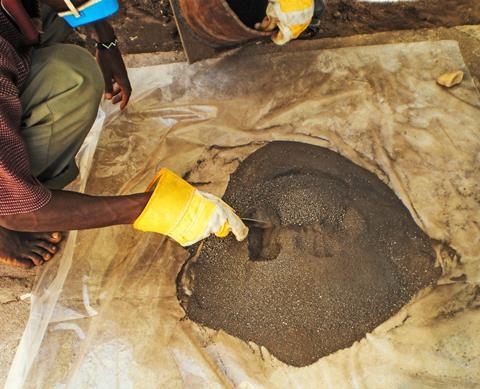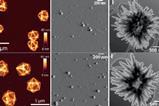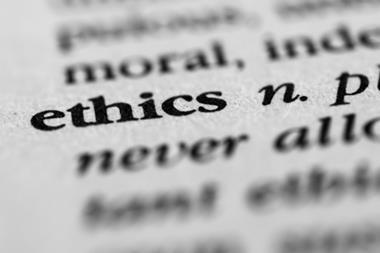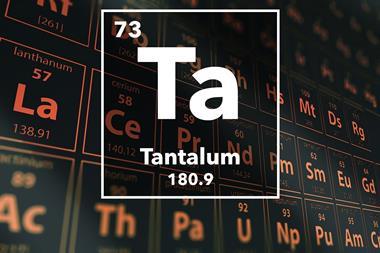Companies importing metals from countries affected by violence and exploitation will have to audit their supply chain

A new EU law aims to stop metal trade funding armed conflict and human rights violations. The regulation will mandate supply chain checks for importers of tungsten, tantalum, tin and gold – dubbed 3TG metals – as well as some of their compounds. Companies importing only small amounts or finished products containing these metals will be exempt from the regulation.
Almost every small electronic device – from mobile phones to hearing aids and cars’ anti-lock braking systems – contains tantalum inside its capacitors. Tin is used in solder, while power tool drill bits and fittings often contain tungsten carbide, one of the hardest materials known. Gold is mainly used in jewellery or stored for investment.
High demand for 3TG metals means they are a valuable commodity that can bring great wealth to countries with these resources. However, in some cases, most notably in the Democratic Republic of Congo, this has led to armed groups generating revenue by taking control of mining operations. Where this happens, forced labour and other human rights abuses are common, and the funds from trading the minerals can perpetuate violent conflict.
Despite importing almost 25% of global tin, tantalum and tungsten, and 15% of gold, a public consultation found that EU smelters and refiners don’t always ensure their minerals are responsibly sourced. On 17 May, the EU council approved legislation that enforces compliance with Organisation for Economic Co-operation and Development due diligence guidelines. The law requires companies that import 3TG from ‘conflict-affected and high-risk areas’ to audit their supply chain, to identify and mitigate risks, and to publicly report their findings. Small importers such as dentists, as well as importers of finished products containing 3TG, will be exempt from the regulation.
The regulation will come into force at the start of 2021 – until then, each individual member state will have to pass local laws to enforce compliance and set out potential sanctions. The European commission has pledged to review the legislation’s effectiveness regularly and implement additional measures if the current ones prove unsatisfactory.

















No comments yet